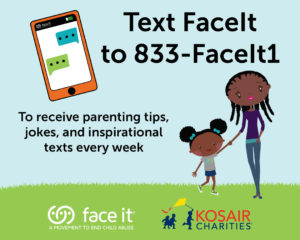
06 Jul Why is social emotional competence important for children?
 For many years, early childhood development focused on building young children’s academic skills to prepare them for school. However, growing evidence suggests that even more important than a child’s ability to count to 10 and say their ABCs is their ability to recognize and regulate their emotions. In fact, research has demonstrated the strong link between young children’s social-emotional competence and their cognitive development, language skills, mental health, and ultimate school success.
For many years, early childhood development focused on building young children’s academic skills to prepare them for school. However, growing evidence suggests that even more important than a child’s ability to count to 10 and say their ABCs is their ability to recognize and regulate their emotions. In fact, research has demonstrated the strong link between young children’s social-emotional competence and their cognitive development, language skills, mental health, and ultimate school success.
Social emotional competence includes dimensions such as self-esteem, self-regulation, patience and persistence, empathy, and social skills, among others. These dimensions of social-emotional competence do not evolve naturally. Instead, children require a healthy attachment to caregivers/adults, as well as active stimulation that promotes social emotional development. When a child exhibits challenging behavior as a result of delayed social emotional development, caregivers and other family members may experience extra stress and negative outcomes.
Luckily, there are things parents/caregivers can do to develop social emotional competence within their children:
- Creating an environment in which children feel safe to express their emotions
- Being emotionally responsive to children and modeling empathy
- Setting clear expectations and limits (e.g., “People in our family don’t hurt each other.”)
- Separating emotions from actions (e.g., “It’s okay to be angry, but we don’t hit someone when we are angry.”)
- Encouraging and reinforcing social skills such as greeting others and taking turns
- Creating opportunities for children to solve problems (e.g., “What do you think you should do if another child calls you a bad name?”)
Other adults in children’s lives can also play a role in helping with social emotional development. School is a great place for social emotional learning to take place, because it can occur both organically within any subject matter (e.g., group projects and journaling) or as standalone activities. One Face It partner is doing just that: Peace Education strengthens communities and schools by training youth and adults to build and sustain positive relationships. They do this by providing learning experiences to reduce violence, enhance personal integrity, and foster mutual respect. Peace Education has classes and workshops for all ages, including conflict resolution, peer mediation and prejudice reduction. Learn more at peaceeducationprogram.org.




